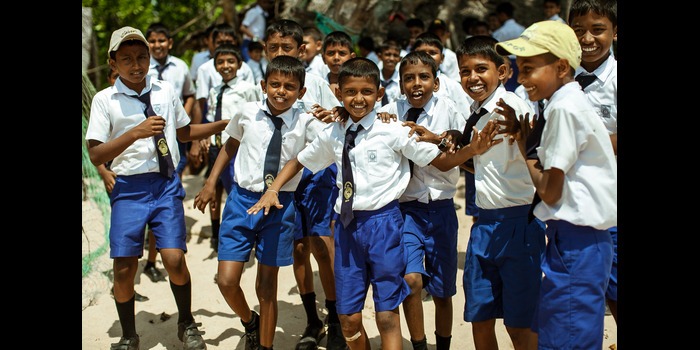Kerala Acts After Student Dies in School Shock
Share

Following a horrific accident involving the death of a 14-year-old boy by electrocution, the Kerala government has decided to seize control of the Kochi private assisted facility. Reports indicate that the Class 9 pupil died suddenly from an electric shock after touching a live electrical wire trying to grab a football from the roof of the school. Parents, kids, and child rights activists all across the state are furious over the event and want accountability and quick action. The university’s president has been told to resign as a result of what the state administration judged to be blatant disregard for following basic safety standards on campus. Supporting the government’s action, Education Minister V. Sivankutty said steps were being taken to swiftly place the school under direct government control in order to prevent similar incidents from occurring again. Preliminary inquiries by local authorities and the Kerala State Electricity Board revealed that an unlawful electrical extension connecting an unprotected live wire caused the electrocution. Because the cable was allegedly close to the athletic equipment, students often went toward the top. According to local inhabitants and parents, school officials were aware of this dangerous configuration despite numerous warnings regarding the state of the institution. Kerala Chief Minister Pinarayi Vijayan pledged the people that all efforts would be undertaken to stop comparable events from happening going ahead following the death of the student. The government ordered safety checks over a 30-day period in all state-sponsored institutions. An all-encompassing safety study will point out possible infrastructure-related hazards and offer suggestions for required upgrades and improvements. Seeking justice for their dead children and better security in all schools, the students’ parents planned protests outside the school. Many people believe that the school’s carelessness should be brought before a court so that criminal penalties may be given out. Advocacy groups and organizations fighting for children’s rights chastised the state’s education system for not continuously checking safety, especially in privately run schools funded by public monies. Though the sum has not been disclosed, the Kerala government has also given financial assistance to the family of the dead student. The Minister of Education guaranteed the family management financial support, legal advice, and, if needed, psychological therapy. The problem is with subsidized schools run independently but financially backed by the government. Choosing to supervise the establishment set a remarkable but significant precedent for the Kerala government. Though following federal laws and regulations, these groups often have monitoring gaps, especially when it comes to protecting children and maintaining infrastructure. More harsh punishments for offenses as well as more simple legal processes are being demanded by educators and activists. Because state-supported schools have historically enjoyed some operational freedom, such activities are not often seen. Keeping kids accountable and creating a safe learning environment is thought to be extremely crucial. The fast reaction of the government could help parents and inhabitants find some consolation as the community mourns the loss of a young person. The loss reminds one of the necessity of school security as well as the terrible consequences of administrative neglect.







